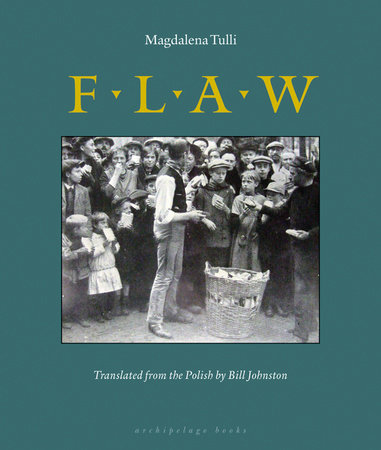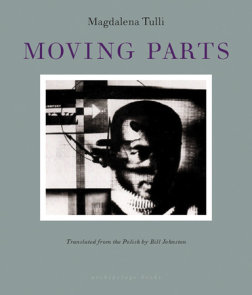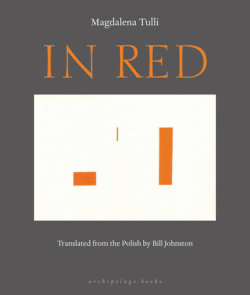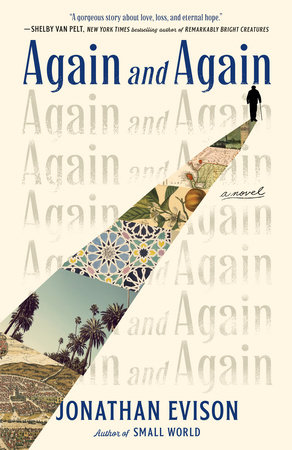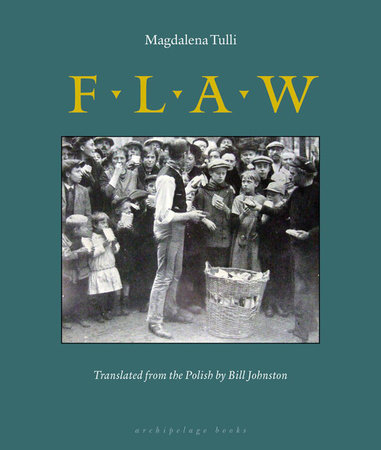

Flaw
By Magdalena Tulli
Translated by Bill Johnston
By Magdalena Tulli
Translated by Bill Johnston
By Magdalena Tulli
Translated by Bill Johnston
By Magdalena Tulli
Translated by Bill Johnston
Category: Historical Fiction | Literary Fiction
Category: Historical Fiction | Literary Fiction

-
$14.00
Nov 05, 2007 | ISBN 9780979333019
-
Aug 15, 2011 | ISBN 9781935744382
YOU MAY ALSO LIKE
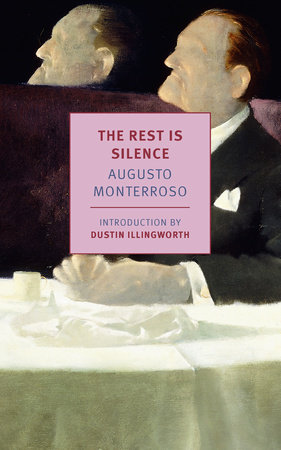
The Rest Is Silence

The Voyage Home
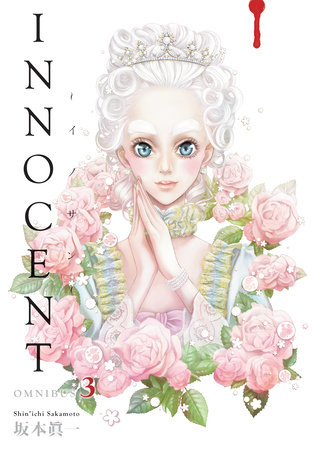
Innocent Omnibus Volume 3
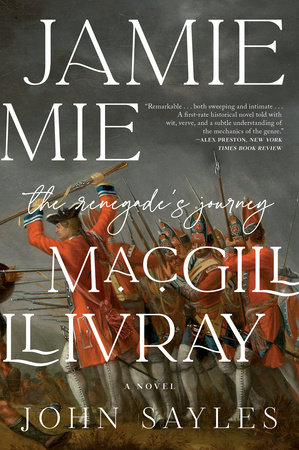
Jamie MacGillivray
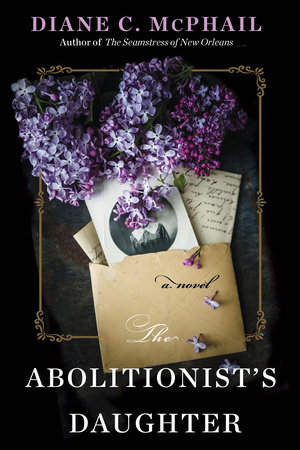
The Abolitionist’s Daughter
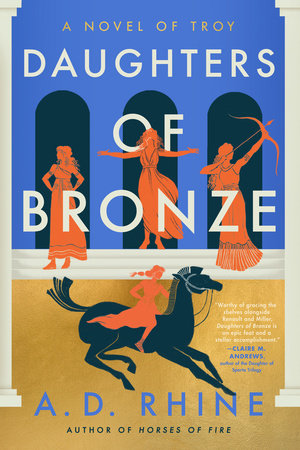
Daughters of Bronze

Blood Bounty of the Mountain Man

The Hanging Party

Golden Lord
Praise
The originality of Tulli’s writing is not lessened by representing a family tree that includes Michaux, Kafka, Calvino, and Saramago. —W.S. Merwin
Powerful imagery caught in sinewy, architectural, elegiac prose. —Anne Waldman
Like all great works of art, Tulli’s books create something new, something that doesn’t respond to what the reader has been conditioned to expect. —Rain Taxi
Descartes famously entertained the suspicion that the whole of reality was nothing but a devilish imposition upon our imaginations, and in Flaw, Magdalena Tulli, an extraordinary Polish writer who is as much cosmologist as novelist, has fashioned a theater of reality that Descartes’ devil might have dreamed up, a world of sinister politics and slapstick metaphysics, crowded with lonely hearts, refugees, and riot police. The book is coolly charming, funny, and heartbreaking. Even the devil should weep. —Edwin Frank
Johnston has rendered brilliantly Tulli’s distinctive narrative voice in Flaw—coolly objective, unimpassioned, disembodied, belonging to no one in particular even when it occasionally adopts one or another character’s point of view. Faithful to the Polish in every way that is meaningful, Johnston’s translation is also a beautiful piece of English prose narrative. —Slavic and East European Journal
Each successive book of Tulli’s, from Dreams and Stones to Flaw, not only demonstrates the author’s consummate talent, but also ever more clearly defines the independence of her artistic vision. Far from being some reiteration of the avant-garde, Tulli’s writing is something enchantingly different from the Polish prose of today and of earlier times. —Tygodnik Powszechny
21 Books You’ve Been Meaning to Read
Just for joining you’ll get personalized recommendations on your dashboard daily and features only for members.
Find Out More Join Now Sign In






